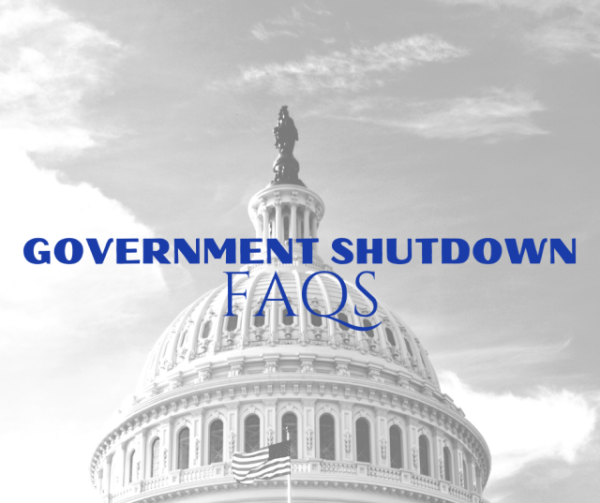
At 12:01 a.m. on Wednesday, October 1, 2025, the federal government entered a shutdown due to a lapse in government funding.
As your U.S. Senator, I want to make sure you and your family have the information you need about what a shutdown means and how it may affect your daily life. Below you’ll find answers to some of the most common questions.
My offices in Kentucky and Washington, D.C. remain open to serve you during this time. If you need assistance with federal agencies—including passports, IRS, Social Security, Medicare, immigration, or veterans’ services—you can call my State Office at (270) 782-8303 or my DC office at (202-224-4343).
What is a government shutdown?
Congress must pass legislation each fiscal year to provide funds to pay for federal government operations. If funding expires without enactment of an appropriations legislation or a continuing resolution (CR) federal agencies implement plans that identify the non-essential government functions that are paused until appropriations are provided by law. During a shutdown, federal agencies will suspend or reduce many services and furlough non-essential employees. Essential services, which generally relate to public safety, continue to operate even in the absence of appropriations.
Will I still get my Social Security or Medicare?
Yes. Social Security, Medicare, and Medicaid benefits continue. However, services like new Social Security cards or certain processing requests may be delayed due to furloughed staff.
What about Supplemental Nutrition Assistance Program (SNAP) and Special Supplemental Nutrition Program for Women, Children (WIC) benefits?
SNAP and WIC benefits could be disrupted by the shutdown. The USDA’s shutdown contingency plan say WIC can reallocate unused grant money from the previous fiscal year to keep benefits up and running. If the shutdown drags on longer than a month, there is reserve funding that should allow SNAP to keep operating for a while.
Will the mail still be delivered?
Yes. The U.S. Postal Service operates independently and will continue normal services.
What about veterans and military personnel?
Veterans: Health care at VA facilities will continue, but some research and administrative functions may be halted.
Military: Servicemembers continue to serve.
Will I still be able to travel? Yes. The Transportation Security Administration (TSA) and air traffic controllers will continue working, though without pay, which may cause delays. Passport applications and renewals are funded by fees so processing continues during a government shutdown although delays could occur due to furloughs and closures of processing centers that are housed in closed federal buildings.
What about federal loans, small businesses, and student aid?
Housing loans: FHA loan approvals will continue but may be delayed. Small businesses: The Small Business Administration (SBA) will pause most of its lending and investment programs. The SBA’s Disaster Loan Program will continue making loans during the shutdown. Student aid: Pell Grants and federal loans will continue to be disbursed. Borrowers are required to continue to make payments on their student loans.
Will I still receive crop insurance from the Federal Crop Insurance Program? Yes, however routine interactions with agencies may take longer due to reduced staffing levels.
Will national parks and museums be open? Access varies. Some open-air monuments may remain open, but visitor centers, Smithsonian museums, restrooms, and other facilities are likely to close.
Please note: This FAQ is based on prior shutdowns and currently available guidance. Details may change as the shutdown continues. You can track all updates here.
